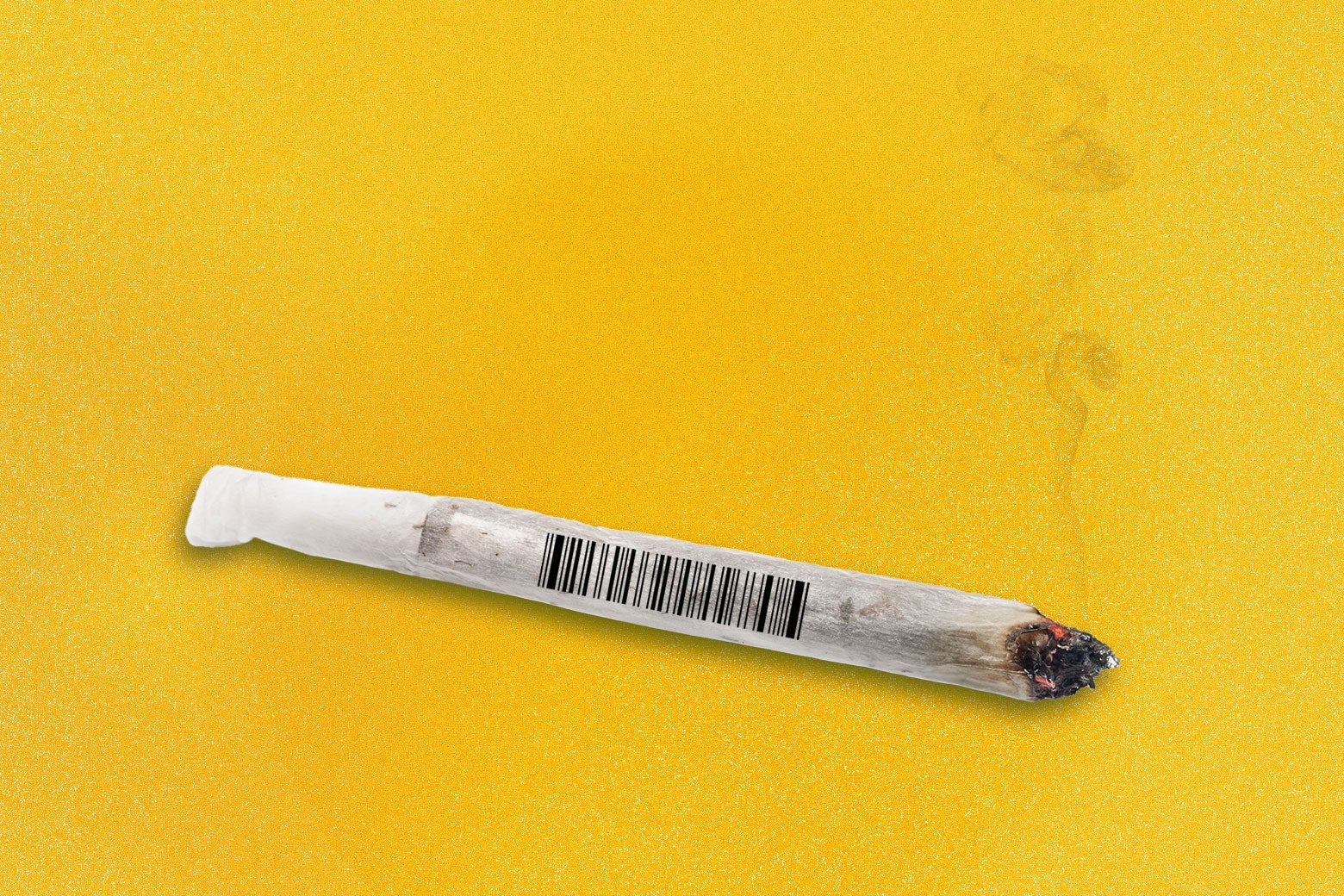Vermont Firm Recalls Over 1,700 Pounds of Butter Due to Possible Contamination

A Vermont-based company, Agri-Mark Inc., has initiated a recall of more than 1,700 pounds of its premium butter due to potential contamination with coliform bacteria, which is commonly associated with fecal matter. The recall affects various states where the butter was distributed, raising concerns among consumers about food safety.
The product in question is the Cabot Creamery 8-ounce premium butter made with sea salt. The U.S. Food and Drug Administration (FDA) announced the recall on March 26, 2025, detailing that the affected butter was distributed across several states, including Arkansas, Connecticut, Maine, New Hampshire, New York, Pennsylvania, and Vermont.
This recall has been categorized as a Class III recall, which is the lowest level of concern, indicating that while there is a potential for contamination, it is not expected to pose a significant health risk to consumers. However, the FDA advises that consumers should refrain from consuming the butter, particularly those with the best-by date of September 9. The specific lot number for the affected butter is 090925-055, item number 2038.
Agri-Mark officials have stated that they managed to recover approximately 99.5% of the potentially contaminated butter before it reached consumers. Despite this significant recovery effort, it has been reported that a total of 17 packages of the tainted butter were sold to consumers in Vermont, which raises the stakes for public health vigilance.
Coliform bacteria are a group of microorganisms that are typically found in the environment, as well as in the feces of all warm-blooded animals, including humans. While the presence of coliform does not inherently indicate illness, it could signify that other harmful pathogens may be present. In light of this, Agri-Mark officials have assured the public that they have implemented necessary internal measures to investigate the cause of this contamination incident.
This recall underscores the importance of rapid response protocols in the food industry, particularly concerning dairy products where contamination can lead to serious health issues. Consumers are urged to stay informed about product recalls and to directly report any experiences related to food safety concerns.
Food safety remains a top priority for regulatory agencies like the FDA, and this incident highlights the ongoing need for vigilance in monitoring food products that reach the marketplace.


























